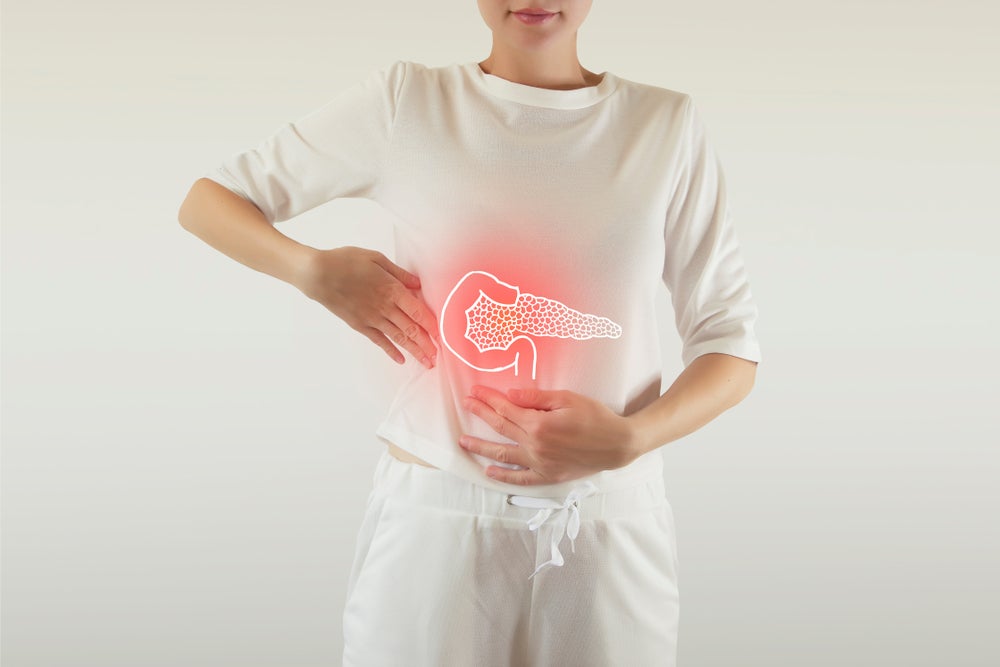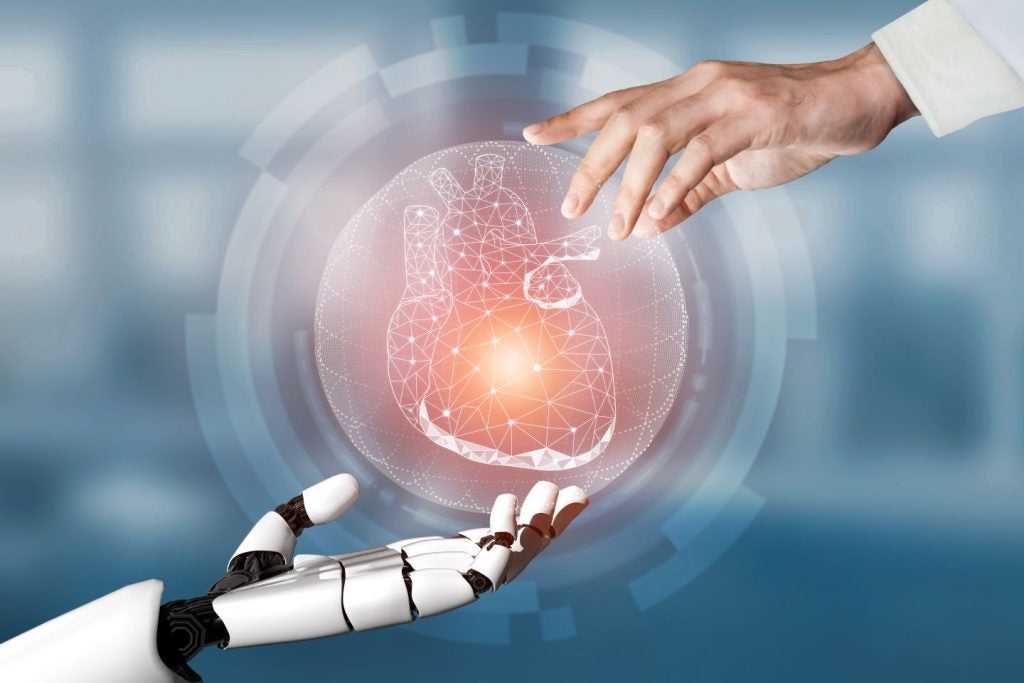
Medical Technology is now available on all devices. Read it for free here.
Robotic surgery has thrived since the first record use of a robot-assisted surgical in 1985. Over the past three decades, advancements in technology have opened the door for a new wave of sophisticated devices helping to make surgery less invasive and reducing risk for patients. Now, London Bridge Hospital in the UK is exploring a new avenue for innovation in robotic surgery – gynaecology.
Led by three surgeons with a combined 11 years of experience in gynae-robotic surgeries, London Bridge Hospital’s Robotic Gynaecology Service is said to offer improved accuracy, lower infection rates, shorter length of stay and shorter recovery periods for the hospital’s patients. To find out more about the potential of robotics in gynaecology, we speak to the team behind the new service.
Elsewhere in this issue, we track the progress of Kar-go – an autonomous vehicle that could become the new face of drug transport, examine ways for small start-ups to safeguard their intellectual property when partnering with larger companies, and explore the future potential of digital therapeutics.
Plus, we find out how video game company Level Ex is gamifying communications between doctors and pharmaceutical companies, and ask if artificial intelligence could be used to identify biomarkers for depression and anxiety.
All this and more in this latest issue of Medical Technology Magazine.
How well do you really know your competitors?
Access the most comprehensive Company Profiles on the market, powered by GlobalData. Save hours of research. Gain competitive edge.

Thank you!
Your download email will arrive shortly
Not ready to buy yet? Download a free sample
We are confident about the unique quality of our Company Profiles. However, we want you to make the most beneficial decision for your business, so we offer a free sample that you can download by submitting the below form
By GlobalData
In this issue
How can smaller medtech companies protect their IP?
The medical device industry is a haven for start-up companies looking to move from concept to creation. One way to achieve this is to partner with a larger, well-established company that has the financial and manufacturing capabilities to take a start-up to the next level. But with that step comes a new wave of intellectual property issues that smaller companies need to overcome. Chloe Kent takes a look at IP in medtech, and how it can impact smaller businesses.
Read the article here.
Medical video games: Level Ex enters the pharma-sales relationship
Level Ex has launched two new video game platforms designed to improve the relationships between companies and healthcare professionals, something that has been a challenge in the pandemic. Chloe Kent looks at these new solutions and how they can help make business relationships more meaningful while face-to-face contact is not possible.
Read the article here.
Robotic gynaecology: a new frontier in surgery launches in London
London Bridge Hospital’s Robotic Gynaecology Service launched in November last year and offers improved accuracy, lower infection rates, shorter length of stay and shorter recovery periods for the hospital’s patients. The service will be operated by three surgeons with 11 years of experience in gynae-robotic surgeries. Chloe Kent found out how they work and what the new service means for patients.
Read the article here.
WheezeScan: device sparks hope for detecting asthma attacks in under-fives
Managing asthma is a huge challenge at any age, but it is especially difficult for parents with asthmatic children aged under five who cannot properly vocalise how they are feeling. Now, a first at-home device – OMRON’s WheezeScan – could help parents detect asthmatic wheeze, the most common symptom in under-fives and can preclude an asthma attack. Allie Nawrat finds out more.
Read the article here.
Medicine music: how an earbud could treat arthritis and migraines
Nēsos has developed an earbud designed to deliver electrical field therapy to help treat inflammatory conditions like arthritis and migraines. Natalie Healey takes a closer look at the emerging technology and speaks to co-founder Konstantinos Alataris.
Read the article here.
Kar-go: could an autonomous robot be the new face of drug transport?
British start-up Academy of Robotics has developed an autonomous electric delivery vehicle designed to revolutionise the last mile of the delivery cycle. Dubbed ‘Kar-go’, the fleet of green pods is currently undergoing live trials on the streets of London transporting medicines from pharmacy to patient. Chloe Kent finds out more about this innovative concept.
Read the article here.
The game-changing potential of digital therapeutics with Dr Brennan Spiegel
No longer just a gaming technology, virtual reality is starting to make inroads in healthcare settings. Abi Millar speaks to author Dr Brennan Spiegel about how virtual therapeutics may help people manage their conditions more effectively than traditional drug-based approaches.
Read the article here.
Can AI predict depression?
Project Amber, a machine learning initiative by Alphabet subsidiary X, recently failed to discover a biomarker for depression and anxiety in brainwave data using artificial intelligence. While this project missed the mark, it lights the way for other researchers. Natalie Healey investigates.
Read the article here.
Next issue preview
In the next issue of Medical Technology, we get down and dirty with the subject of faecal microbiome therapy. While medical reports show increasingly positive results for faecal microbiota transplants as a solution for addressing metabolic diseases, but questions have also begun around how to regulate donor selection and screening. We find out more.
Also, we examine what it takes to get medical devices approved for paediatric patients, take a look at the tech transforming neonatal baby care, and explore the potential of a growth-accommodating implant that is specifically designed to grow with a child.
Plus, we learn why vagus nerve stimulation could spell an end for gastric bypass surgery, investigate what can be done with the growing amount of plastic waste created by PPE, find out how FemTech Lab is supporting healthcare start-ups, and take a look at an at-home solution that could transform sleep apnoea treatment.






